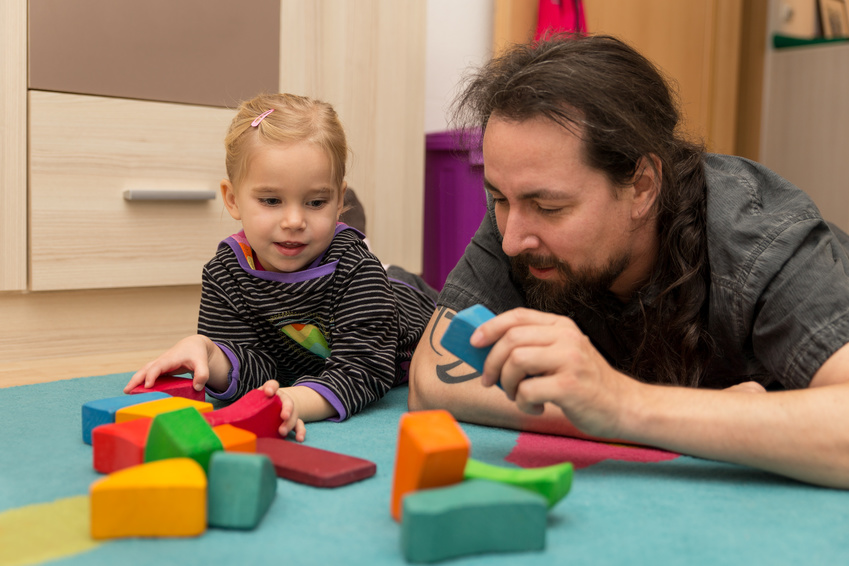


Observation is about watching children's actions, expressions, gestures and behaviours, and listening to their talk and interactions. Sometimes it is about joining in with their play or conversations and sometimes about asking and responding to questions. Always, it requires a sensitive and respectful approach to children's play and an attitude of openness to the individual's learning agenda. Observations should document what the child has achieved - not what they have failed to do.
There are many reasons why we observe children. The reason may influence the nature of the observation in terms of who is observed or who is doing the observing. Although specifications for observation may be varied, the purpose is to find out more about:
I want to know!
I want to know how the children are using the new set of Chinese bowls and chopsticks in the home corner. I want to observe children playing on their own, and the interaction between the children and the adults.
I want to know if the toddlers are playing with the toys and materials on the new shelving. I want to observe how the children are playing with them and if it is giving them the opportunity for filling and emptying, pairing and matching, fitting and taking apart. I may need to change the storage or add extra playthings.
I want to know why Lee was putting sand down the drains today. I will observe him playing tomorrow so that we can set up more challenging science materials in the outside play area, which will help him explore the sand and water. I will ask his mother about his experiences at home; he seems engrossed in sand and water play.
It is the responsibility of all practitioners to note important information about all the children's learning as it is presented. Children have different relationships with different adults and through observation each adult will bring an individual perspective to the assessment process for each child. Sometimes one member of staff will be charged with a specific observational focus but, over the course of time, there should be contributions from a variety of practitioners. Parents' and carers' knowledge of their child should be included to give a broader perspective of the child's world. The more adults in the child's world contribute positively to the process, the deeper the insight will be.
Practitioners may not always document everything that they observe, but they should develop the skill of registering incidental and significant information throughout the day. The most accurate picture of a child will result from observational information gathered in various contexts, both in and out of the setting. Observation of young children should always take place in a context that is meaningful to them. Observations that are rooted in child-initiated learning experiences will generate the most appropriate information for making accurate assessments of learning.